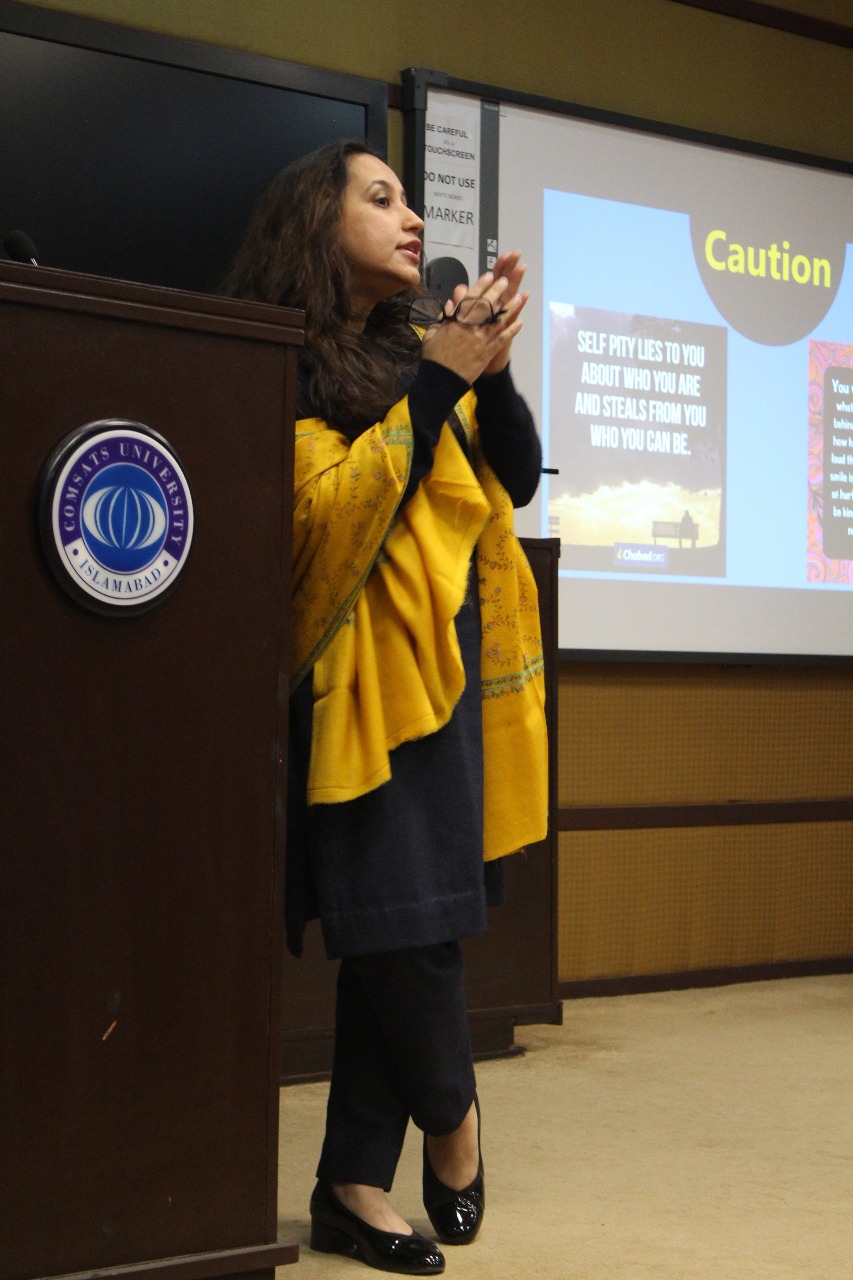
An Interview with Dr. Fahad Khan, Psychologist and Deputy Director Khalil Center
Dr.Fahad Khan – An Introduction
Dr. Fahad Khan is a Licensed Clinical Psychologist with a Doctorate in Clinical Psychology and holds a Master’s degree in Biomedical Sciences. He is also a Hafiz of the Qur’an and has studied Islamic studies with various scholars in the Muslim world and the US. He is the Deputy Director at Khalil Center, the largest provider of Muslim mental health in North America supervising clinical and research work.
The Interview
- Please define Islamically Integrated Psychotherapy (IIP) for students who may wish to study this as a subject.
“Islamically Integrated Psychotherapy is a way to integrate Islamic psychology into the practice of psychotherapy. We also need to define knowledge from an Islamic perspective. Thus from the Islamic perspective sources of Knowledge are:
- Wahi/Khabr: Revelation through His Messenger and Sunnah
- Hissi: Five senses and how the brain perceives the gathered information from them
- Aql: Rationality and reason
Islam equally acknowledges all three sources of knowledge.”
Dr.Fahad explains this beautifully with the help of an example:
He further highlights secular and sacred knowledge. He strongly believes that the two go side by side. Dr.Fahad stresses the importance of learning sciences and psychology along with Islamic knowledge. “Our predecessors and imams/scholars took the knowledge of Islam and integrated it into Law, Science, and Astronomy. Islam encourages curiosity and motivates us to seek knowledge. There are so many polymaths in the past i.e. those who memorized the Quran and learned other sciences also. Psychology is Islamic Psychology! They are not separate fields. Today we need to bring Islam back into psychology as it was taken away due to the influence of the West.
An individual who wants to study Islamic Psychology needs to study the sources of knowledge and how does Islam define psychology. Mental health in the West has been disastrous and one example of that can be seen in the increasing suicide rate.
Knowledge is further categorized as that which is Definitive (qati) and speculative (zanni). Definitive knowledge about human ontology includes presence of Ruh and Nafs. But HOW that ruh and nafs function is speculative and scholars can and have had disagreements.
IIP is not a manual that you just pick up, learn, and apply. It is a practice that a learner internalizes. It’s a change in their own understanding; a paradigm shifts in the student so that he understands what Islam says about the human being.”
- If I am taking some kind of therapy for my mental illness, many people think I am mad. How do I address the negativity of such people?
“You need to take a step back and then look at this from a different perspective. For instance, how do you change the perspective of a person who doesn’t want to be changed? You really can’t! The only thing you can do is educate, create awareness about it, and talk about these issues in a way that makes people comfortable about it.
Imam Ghazali quotes Prophet (P.b.u.h) (though the source of this hadith is debatable), “If Allah wants good for his servant, He gives him an insight into his own problems.” This can be done in several ways according to Imam Ghazali and Dr. Fahad further sheds light on it. Watch this video:
Dr.Fahad suggests that we need to look up to Prophet Muhammad (P.b.u.h) as a role model. He also adds, “But at the end of the day if someone has a problem, they must go see a doctor and Islamically it’s their right and they should not be held back due to the stigma around mental illness.”
- In today’s era, gratitude is a popular word but hardly practiced. Why?
“Gratitude has become popular due to the movement in positive psychology. Psychology was a very negative field as it focused on disorders, depression, anxiety, etc.
Dr. Seligman started the movement of positive psychology and focused on positive things like forgiveness, post-traumatic growth, and gratitude. Gratitude journaling is a popular concept.
Quran gives you the answer to your question that why is it hardly practiced. The Quran says that man is ungrateful. So our nature is ungrateful and this is why we have to constantly keep on reminding ourselves by saying Alhumdullilah and practice gratitude. Dr. Fahad gives some great examples to explain this. Watch here:
- As parents how can we encourage gratitude amongst our children?
“There are many ways that you can practice as parents. I bought my son a journal from Amazon that is a gratitude journal for children. At night I ask my children to tell me what are you grateful for.
When I get them food that they like and they say thank you, I tell them to say Alhumdulliah and I explain to them why; though I got you the food, Allah gave me the ability, intellect, health, and money, and then there was someone who made it. So you need to thank Allah for all this.
Sometimes I ask them, tell me three good things that happened today.
Some people keep a jar in their house and they ask their child to write down one thing on a piece of paper that they are grateful for and put it in the jar and whenever the child is in a bad mood, he/she takes out a random piece of paper from the jar and reads it. That makes them feel better.”
More on Dr. Fahad Khan and his work
Do watch Dr.Fahad’s lecture ‘Wester Psychology, Current State of Mental Health, and the need for Islamic Psychology, presented at the Australian Muslim Mental Health Conference on December 4, 2020“
We would like to thank Dr.Fahad for his time and effort and for providing us with such valuable information. May Allah put a lot of Barakah in his work!

Educationist, researcher, writer and a passionate learner from Islamabad. She has been working as a freelance writer for more than 10 years now. From academic to content writing. Finally, she is doing what she loves; writing for education. You can reach her at editors@educations.pk

